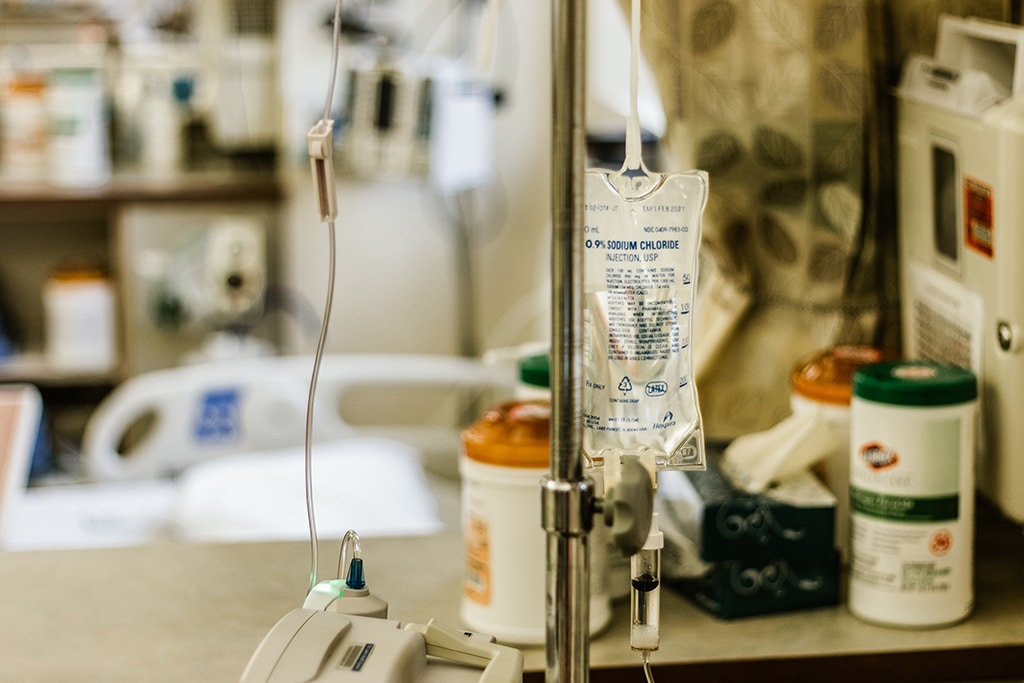
Global geopolitical rivalry persists, although under new guises, subsumed by the general COVID-19 crisis. But this very crisis means that all the great powers, and unions of powers like the EU, and international organisations –such as the largely absent UN (the WHO being an exception)– are now weaker than before. Although it is also a relative phenomenon, in absolute terms there is less power –and more poverty– in the world today; general weakness is assured. Nobody leads because nobody is in a position to lead, and the system does not allow it. We may have entered what Janan Ganesh calls a ‘non-polar’ world, a development that was already present and has now gained pace. Although many analyses point to an advantage for China, in fact the situation does not benefit anyone. It ought to lead to more cooperation but it is by no means certain that it will. To start with, there has been a global scramble to secure the medical supplies needed to combat the virus.
The coronavirus onslaught has caught the US, already self-absorbed, late and ill-prepared. Developing countries, whether in Asia (especially India), Africa (a potential disaster that could end up rebounding on the Europeans first) or Latin America, caught in a precarious situation, are also running behind the rest of the world. China is seemingly in a recovery phase in medical terms, which it is using for a global propaganda campaign. And for its part, the EU is currently missing in action or paralysed in its foreign initiatives (which extend far beyond its foreign policy), given the internal weakness of its member states –including France and Germany– and its institutions. As the Korean philosopher Byung-Chul Han argues, ‘as a consequence of the pandemic, Europe has lost all its charisma’. It can regain it in part. It will only prove credible, of course, if it solves its internal problems of solidarity, cohesion and strength. It has hesitated on the question of solidarity and the idea of everyone pulling together, despite the fact we are all in the same boat. Following the European Central Bank’s proactive intervention, and the European Commission’s lukewarm one, what the Eurogroup agreed last week may have marked a turning point, after its earlier clashes; it remains to be seen how recovery will be financed through the crucial Reconstruction Fund, although the time for the latter has not yet arrived. For the time being, the mutualisation of the handling of the crisis remains absent in the EU. The fact that China and Russia came to the aid of Italy and Spain, when Europe did not, spoke volumes.
The US continues to wield a major weapon in its armoury in terms of fiscal stimulus and its potential economic development: what Valéry Giscard d’Estaing used to call the ‘exorbitant privilege’ of the dollar, enabling it to reduce the cost of its deficits and debts. After its shutdown, the Chinese economy may return to growth, but an annual rate of 2% –after decades of being consistently above 6%– may not be enough for a regime that bases its legitimacy precisely on economic growth. China is beset by problems, and internal issues will take priority over external ones, such as the New Silk Road megaproject, also known as the Belt and Road Initiative, although it has now embarked upon ‘medical diplomacy’ that some have dubbed a healthcare silk road. This time it is unlikely to be well placed to become the engine of the world’s economic recovery, as it was after the Great Recession.
Russia has been hit by the fall in oil prices, although not as much as Saudi Arabia, at an important juncture when it is chairing the G20; the latter has been found wanting not only in terms of the crisis but also in terms of a coordinated (though not necessarily synchronised) way out of the crisis. The G20 restricts itself to endorsing what has already been agreed and has been unable to set up a global healthcare plan for tackling coronavirus. According to the IMF, Riyadh had based its budget plans on an oil price of more than US$80/barrel, and Russia on around US$42. The price of crude oil continues to fall. At the end of last week, after the OPEP+ agreement, the benchmark barrel of Brent crude hovered around US$32.
The fall in international trade and the process of deglobalisation that has already been alluded to in this blog could harm us all. Henry Kissinger argues that ‘the pandemic has prompted an anachronism, a revival of the walled city in an age when prosperity depends on global trade and movement of people’. Perhaps the country it will least affect is the US (where foreign trade accounts for slightly more than 25% of GDP), unlike China (38% in 2018, having reduced its dependence on exports as the engine of its growth). Recent policies to reduce Western dependence on Chinese companies will damage it. The EU is most dependent on foreign trade: to the tune of 87% of GDP.
We are facing a ‘global battle of narratives’, in the words of the EU’s foreign policy chief, Josep Borrell. To a large extent it is a return to ideologies under a new guise, and accompanied by the instrument of healthcare aid. The crisis is going to be highly defining in terms of ideologies. China has a great deal to gain. Neoliberalism has taken a mortal blow and how democratic liberalism will fare remains to be seen. As for the EU ideal, Merkel has already summed it up when she said, ‘the European Union finds itself facing its greatest test since it was founded’. Europe, if it regroups, while not playing a leading role, could provide an example. If it does not, the European project could also unravel, and with it much else.
Moments of widespread geopolitical weakness –based on widespread socio-economic weakness– are potentially positive if they lead to a de-escalation of existing conflicts (such as the one in Yemen). But they can also be dangerous if they generate political destabilisation and civil disobedience movements. Alongside the pandemic itself, the greatest danger in many societies is that of social collapse. ‘As the global economy comes apart, societies may too’, as Branko Milanovic puts it.
Movement towards more global governance is called for, with rather more than just a revamp of the current international institutions, leading towards more effective multilateralism, which could be built around a Global Health System going far beyond the current WHO. This could oversee a fair and coordinated rescue from the profound economic and social crisis under way, which weakens us all.


